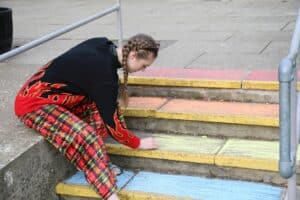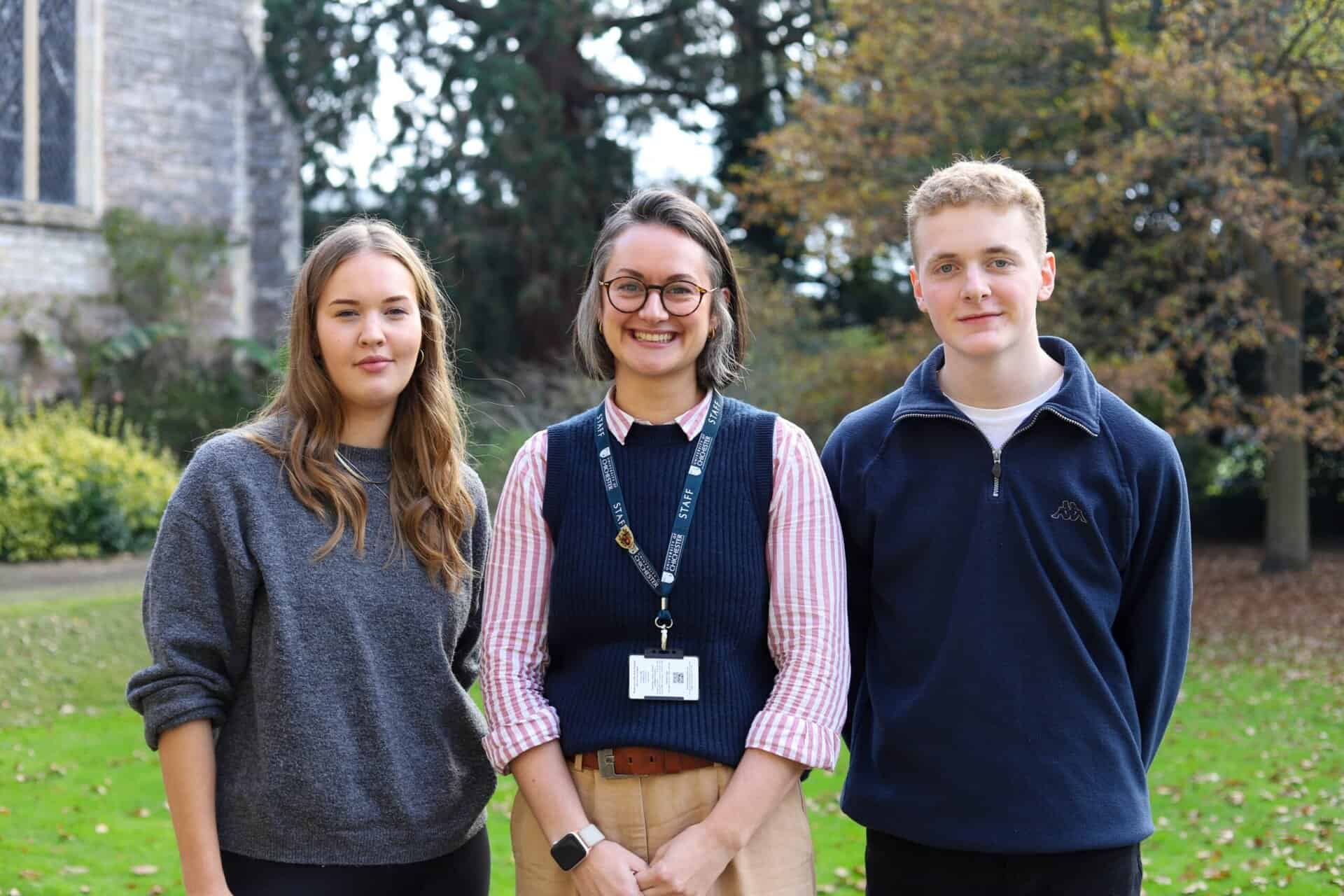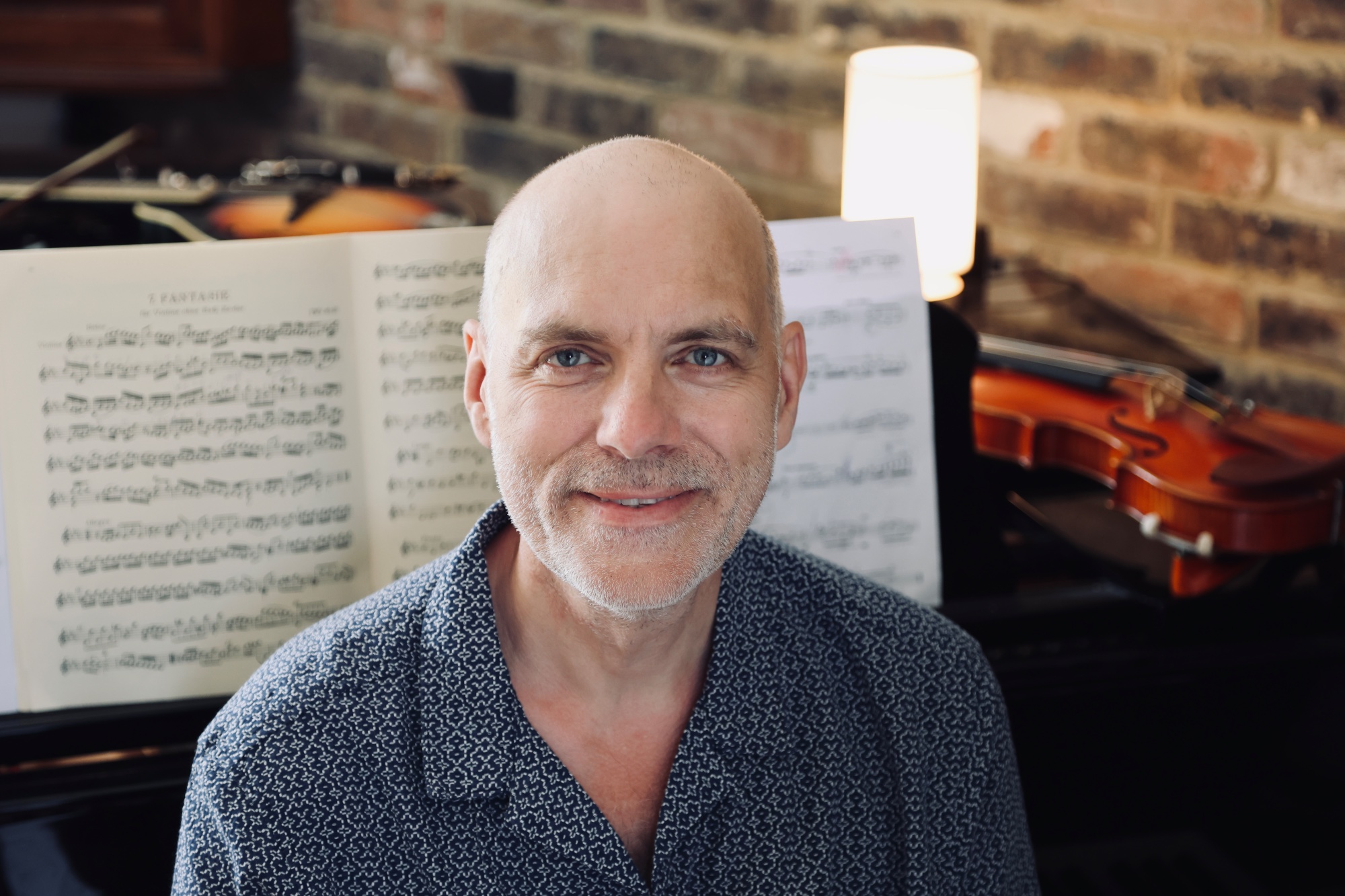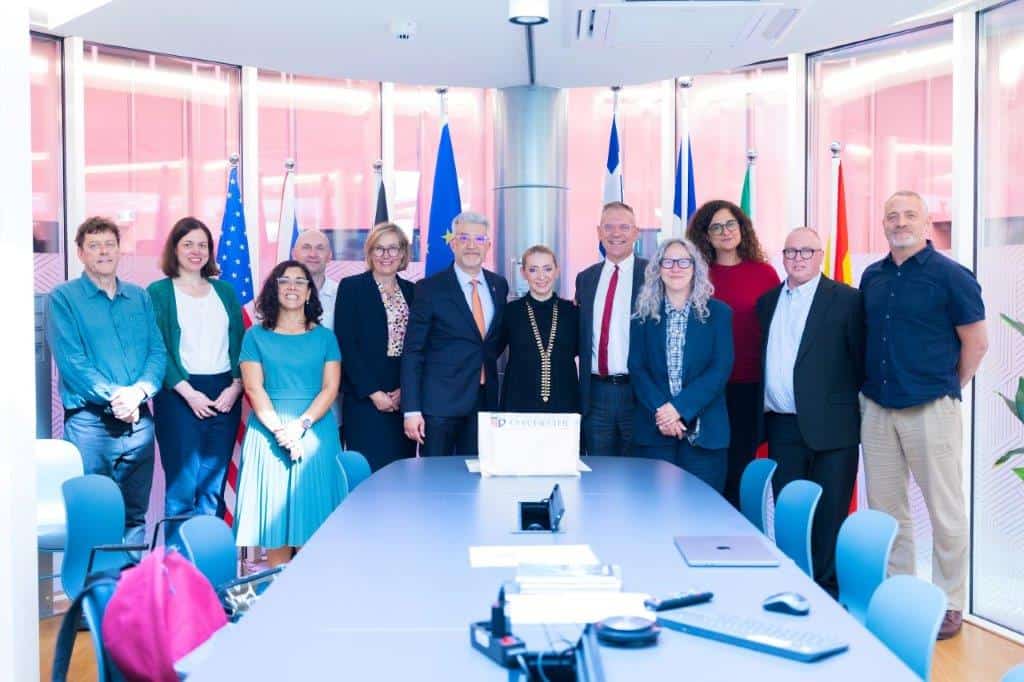University Celebrates LGBTQ+ History Month

With February being LGBTQ+ history month, the University of Chichester lined up events to celebrate the strides taken so far in equality and to remember those that helped pave the way.
The month kicked off with a virtual launch where the University’s LGBTQ+ officer, Rylee Spooner, took to Instagram to explain what was lined up for students and staff.
On the first day, the campus was bursting with colour as students and staff joined in a chalk art drawing session in the Chapel courtyard. The community came together to brighten the campus with colourful quotes and imagery in a sign of support.
LGBTQ+ officer Rylee said: “It was great to see such a buzz on campus, and have a creative outlet for our pride and allyship in the university community.”

The celebrations continue with events including a drag night, showcasing Chichester city’s talented drag queens and kings, as well as Monday movie nights takeover, highlighting movies about the LGBTQ+ community.
To round off this month’s celebrations, a finale event will be held in the Student Union to recap the months successes and open a conversation of what’s available for the LGBTQ+ community from charities including Switchboard and LifeCentre.
Rylee commented: “Some attendees may not have even come out to family and friends yet so these events are important to promote the support available and remind them that they’re loved and uplifted by others in the community. I will also discuss the amazing LGBTQ+ centred research being done at the University by academics.”
Significantly, the year also sees the 50th anniversary of the very first Pride March in the UK and while the University is celebrating the steps taken to equality, Rylee is keen to remember and recognise those that have fought for inclusivity.

They added: “Each week I’ll spotlight a different LGBTQ+ icon, someone who’s made a powerful change in the fight for equality. I hope this educates those who may be new to the history of this community and recognise the difficulties.”
You can find more information on what makes a person a better ally and how to better support marginalised communities here.





